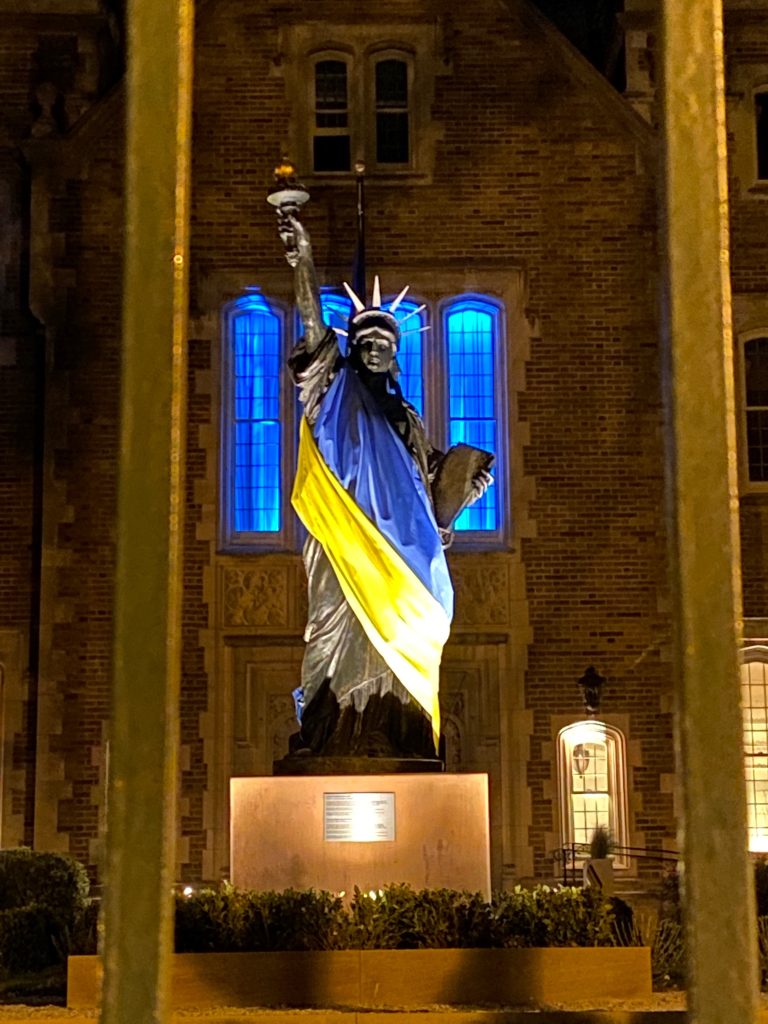• FREE LEGAL AID IN JAMMU AND KASHMIR : challenges and recommendations
By Advocate Adnan Magray (Adnanmagray123@gmail.com)
Legal Aid implies giving free legal service to the poor and needy who cannot afford the services of a lawyer for the conduct of a case or a legal proceeding in any court, tribunal or before an authority. The concept of legal aid in the form of Article 39A exists in our constitutional framework. Hence, legal aid is not a charity or bounty, but is a constitutional obligation of the state and right of the citizens. The problems of human law and justice, guided by the constitutional goals to the solution of disparities, agonies, despairs, and handicaps of the weaker, yet larger brackets of India’s humanity is the prime object of the dogma of “equal justice for all”. Thus, legal aid strives to ensure that the constitutional pledge is fulfilled in its letter and spirit and equal justice is made available to the downtrodden and weaker sections of the society. It is the duty of the State to see that the legal system promotes justice on the basis of equal opportunity for all its citizens. It must therefore arrange to provide free legal aid to those who cannot access justice due to economic and other disabilities.Time and again it has been reiterated by our courts that legal aid may be treated as a part of right created under Article 21 and also under Article 14 and Article 22(1)[Hussainara v. Home Secretary, State of Bihar. Also Khatri v. State of Bihar, Suk Das v. Union Territory of Arunachal Pradesh, Kishore v. State of Himanchal Pradesh.• How to avail of free legal aid ?• The right of early access to legal representation is one of the fundamental elements of fair trial rights.
• Free legal aid can be availed either offline or online depending upon the preference of an individual.
• One can directly approach the nearest Legal Service Authority and can either opt for already filled up forms or can put down on paper necessary details stating, in brief, the purpose for seeking legal aid.• Another alternative is to send the application online • i.e. by email to NALSA (at dlsa@nic.in) or through the online application form available at the official DLSA’s website• A person who qualifies the expressed norms demonstrated in the Legal Service Authorities Act 1987[8] within working days action is taken upon the stated application, without investing a cent and irrespective of fact one having his counsel during all stages can get free legal guidance and aid.• Regardless of getting legal aid from DLSA, one can still avail the services of private counsel after taking permission from the member secretary of DLSA .
• Various Means of Justices Delivery System• Lok Adalat
• How can one approach Lok Adalat?
• A person can simply put down on paper the essential details with intention and can move to the nearest Lok Adalat service. Subsequently, before the trial procedure if a party wishes to resolve in the Lok Adalat[9] they can through the format available with Legal Services Authorities[10] or through an application.
• Mobile Lok Adalats: A New Initiative
• Mobile Lok Adalat is also known as Justice at the doorsteps. A team consisting of skilled individuals visits numerous remote areas as per the agenda instructed with the aid of DLSA. They stress resolving confrontations through compromise, they provide assistance and necessary information in case one requires legal help and focus on organizing legal literacy campaigns.
• Legal Aid Clinics• The paralegal volunteers operate these clinics focusing on fixing issues of common people with dedication and a sense of commitment.
• Legal Aid Clinics camps are located in a habitat that is easily accessible to the local people. To make them conscious of their protected rights and equip them to avail the privileges of the several aid programmes financed by the State and Central Government.
• Pro Bono Legal Services• Pro bono legal services is a complimentary service that can be accessed through the website[11] using which the weaker and downtrodden sections of the society can approach a professional pro bono
• Online Forums• Every year we observe an increase in the volume of lawsuits adding to this the underprivileged people residing in villages and remote areas struggle to approach the courtroom taking into account the above-mentioned reasons DOJ (Department of Justice) had launched “Nyaya Bandhu”, a mobile application for the purpose to the uplift condition of the people making convenience pro bono services for all persons.
• While other apps including path legal, legal aid, free legal advice are too available on the Google Play Store. One can post law-related queries, as well as search for specific lawyer’s and can get online advice, free legal advice etc.
• Obstacles to Legal Aid in jammu and kashmir : • According to the recent census 13% to that are poor, while jammu and kashmir continues to be home to 32% illiterate people), the facts suggest that the large number population is illiterate and also unaware of their protected rights.
• Lawyer’s cannot be Compelled• It is an undeniable fact that the attorneys furnishing pro-bono aid neither can be pressured nor can be compelled to go ahead with the lawsuit since they are not the public prosecutor so it’s up to their individual choice to continue with the case.
• Although on many occasions the praiseworthy effort of many lawyers serving the impoverished area of society by means of imparting them relevant legal help free of cost has not received any worthy commendation.
• Major Drawbacks of legal aid in jammu and kashmir : • Lack of public legal awareness• About 70% of the people living in rural areas are illiterate and even more than that percentage of the people are not aware of the right conferred upon them by law.• It has been observed that even literate people on occasion lack awareness.• In the city area of Srinagar or jammu itself, only 76. 2% of women possessed the knowledge of how and what the legal aid services were and 23.8% were having no clue about the same .
• Perception plays a significant role in shaping people decision• According to the one report, 76.2% of women knowing the types of poor services offered by Legal Aid counsels did not engage with them, while 23.8% women ignorant of such services, engaged in the decision-making process of not hiring a LAC just based on their perception (that itself was shaped by other) that the quality of the services suffers.
• Further, the research also proved the fact that most of the women make these decisions based on perceptions of low quality as 97.2% of them had not previously engaged in any kind of legal aid services and had no direct exposure to the same. Only 2.8% of them had engaged in such services.• Poor shape of Legal Aid Counsels• As estimated by a study, 81% of Legal Aid counsels take up the job intending to serve the poor. However, this may be undermined by the following problems:• Low salary and delay in payment: the major issue affecting lack of incentive and preference for private law practice is the meagre amount of payment they receive with almost 23% of the candidates complaining regarding the same according to a study.• The research states the major cause of such delay to be the non-availability of funds with the DLSAs.
• Legal aid as last option resorted to by people.• Almost 75% of people adopting such legal services believe in doing so as a last resort. Almost 22.6% of people have also shown their disapproval for resorting to such services in the future.• Also, due to lack of trust and reliability over legal aid services, 60% of women under the Study, despite being familiar with such services went on to adopt private lawyers.
• Recommendations : • The Legal Aid panel needs to begin with grass-root level, accordingly facilitating door to door services focusing on the layman and underprivileged section who seek legal guidance. A timely and coherent manner is vital for the sound working of the justice system and also enable the built-in trust of people.
• Legal awareness drives need to connect far off remote regions for this traditional media, roadshows, loudspeakers, banners, brochure distribution so forward can be effective.
• Informative projects or educational sessions running in the online media, print media requires a prior strategy i.e. set an intended interest group before dispatch of such projects as it will assist with bringing gigantic traffic.
• Among the legal profession incentive for pro-bono must be inculcated. Paralegal career advantages must be promoted among undergraduates as the employment of paralegals and legal assistants are projected to grow 12 per cent from 2018 to 2028, much faster than the average for all occupations.
• As discussed above, the board working toward legitimate help should participate in discussion with the public authority as the active role of legislative organizations in supporting and providing funds are imperative to provide the right tract to any awareness drive.
• NGO’s, student organisations must promote informal paralegal services in isolated towns wherein basic amenities are not accessible.• The Legal Aid policy drafted by the paralegal groups must be monitored and biannual reports must be submitted to the respective DLSA.
• Frequent meetings must be conducted by the head DLSA of a distinct state to work on the ambiguity in the laws and work on solutions that navigate around the problems.
• Mobile Lok Adalats must be backed financially by the government as it tends to be an effective instrument in settlement through compromise and facilitating legal counsel and direction.• For the youth activities – vivid work of art, banner making, animated videos, reviews, survey, paper perusing, attire and embellishments can be utilized to show support for a reason, enrolling like-minded individuals through online portals and wireless networks are few prescribed ways to boost legal literacy.• Incentives must be given on time and commendation by the aid of rewards, certificates, recommendation letters, remuneration to advocates and paralegals is requisite as it works as a motivating factor contributing to volunteer services.
• Case Law• In Khatri v. State of Bihar[15], the Supreme Court held that the state is constitutionally bound to provide legal assistance by hiring a lawyer to an accused person not only at a trial stage.
• Also when they are first produced before the magistrate or remanded time and again and such a right shall not be denied on the ground of financial or administrative inability or that the accused did not ask for it.
• Magistrates and Sessions Judges have the responsibility to inform the accused of his rights.



